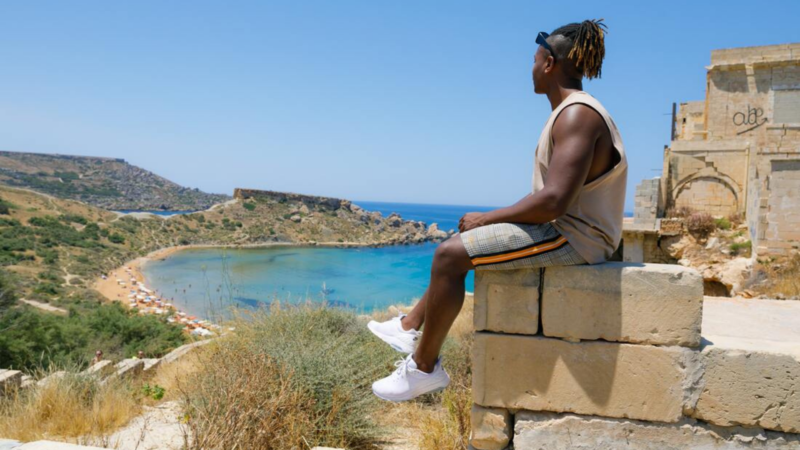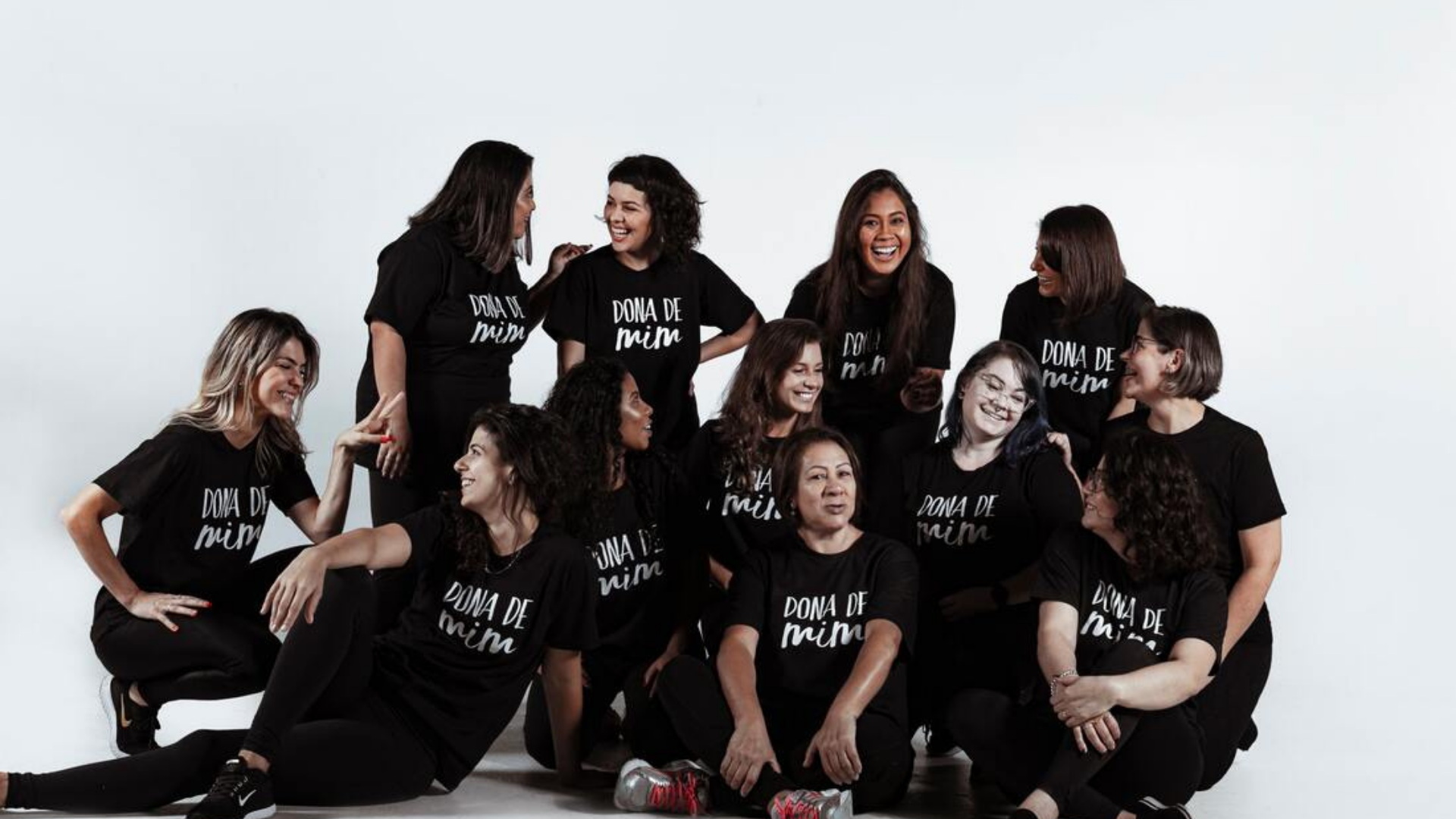Empathy is, by far, the most important skill for a tour guide. And they use it in more ways than you think.
Historical knowledge aside there are a lot of traits and skills* that make a great tour guide.
But if I had to sum it up into one skill that I think is most useful to a guide? Empathy.
Empathy, the ability to understand the feelings of someone else, is often simplified to ‘that thing that makes you good with people’.
But it’s much more than nuanced than that and excellent guides use empathy in multiple ways during a tour.
In this article, I’ll list three ways excellent guides utilize their fine-tuned empathy on their tours.
*For the record, I believe most things can be taught, even things that typically ‘come with experience’. Sure, the longer you guide, the more unexpected challenges you experience, but even ‘preparing for the unknown’ is something you can teach.

Share this article
Three ways guides use empathy on a tour.
1. Keeping a group happy, every time.
Taking into consideration that any group might have diverse cultural and social backgrounds, knowing when someone is unhappy isn’t as simple as it sounds.
Every guide has had the guest who laughed at their jokes, smiled the entire time…and then went home to write a horrible review.
Guides can use empathy to get to know their group and understand that people show and communicate their emotions in different ways.
2. Balancing guests’ expectations with education.
For the majority of my guiding career, I would tell my guests about how horrible Times Square was.
I would mourn our city’s golden age of theater and lament the invasion of chain restaurants. I thought this was important for them to know if they wanted to understand the REAL NYC.
I now use this as a cautionary tale.
As guides, we need to both educate guests, while still being understanding of their context.
In this case, that would mean acknowledging that the one theater-loving guest might have dreamed their entire lives of standing in Times Square, surrounded by the lights of Broadway.
It is entirely possible to let them have their moment, celebrate the history of Times Square, and still making sure they don’t eat at any of the chain-restaurants.*
*The best way I’ve found to do this is through what I like to call Gentle Education.
Related articles:
3. Answering rude and/or ignorant questions with a smile on your face.
The fact of the matter is, many cultures often conflict when it comes to right & wrong.
For example, in some cultures, in order to understand how to address someone properly, you need to know their age and marital status. However, in other cultures, asking someone’s age, or any other personal questions can be considered incredibly rude.
In addition to clashing cultural faux-pas, many travelers have limited access to non-biased information about other parts of the world.
This means they arrive on tour with preconceived notions and expectations.
It is only when guides are empathetic to the reality that their guests often look at the world through an entirely different lens than they do, that they can take questions objectively (and non-personally).
I’m a big proponent of guides’ responsibility to use their educational platform for good.
However, the best of guides understand how to read their audience, and how far they’ll be able to expand their horizons within one experience.


